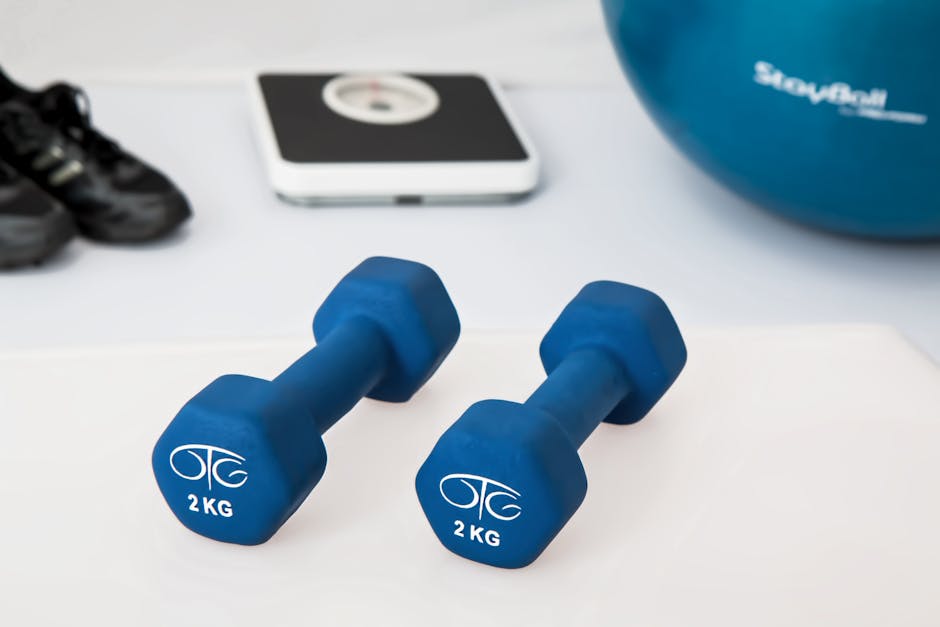Losing weight is a common goal for many people, but it can be a daunting task. With so much conflicting information out there, it's easy to get confused and frustrated. In this blog post, we'll demystify weight loss and provide you with a comprehensive guide to help you achieve your goals.
**Understand Your Calorie Needs**
The foundation of weight loss is understanding your calorie needs. Calorie intake is crucial, as it determines whether you'll lose, gain, or maintain weight. Use a calorie calculator to estimate your daily calorie requirements based on factors like age, weight, height, and activity level.
**Focus on Nutrient-Rich Foods**
Eating nutrient-rich foods is essential for weight loss. Fruits, vegetables, whole grains, and lean proteins provide vital vitamins, minerals, and fiber that keep you feeling full and satisfied. Avoid processed foods, sugary drinks, and unhealthy fats, as they contain empty calories that contribute to weight gain.
**Incorporate Exercise into Your Routine**
Regular exercise is an indispensable part of a weight loss plan. Aim for at least 150 minutes of moderate-intensity exercise or 75 minutes of vigorous-intensity exercise per week. Exercise helps burn calories, build muscle, and boost metabolism.
**Stay Hydrated**
Drinking plenty of water throughout the day is crucial for weight loss. Water helps curb hunger, boosts metabolism, and aids in waste removal. Aim for eight glasses of water per day.
**Get Enough Sleep**
Sleep deprivation can lead to hormonal imbalances that promote weight gain. Getting 7-9 hours of quality sleep each night is essential for optimal weight loss.
**Manage Stress**
Stress can trigger unhealthy eating habits and slow down metabolism. Engage in stress-reducing activities such as yoga, meditation, or spending time in nature.
**Listen to Your Body**
Pay attention to your body's hunger and fullness cues. Eat when you're genuinely hungry, and stop when you're full. Emotional eating is a common obstacle to weight loss, so it's important to identify triggers and find alternative ways to cope.
**Seek Professional Help When Needed**
If you struggle with weight loss on your own, don't hesitate to seek professional help. A registered dietitian or doctor can provide personalized guidance, support, and accountability.

